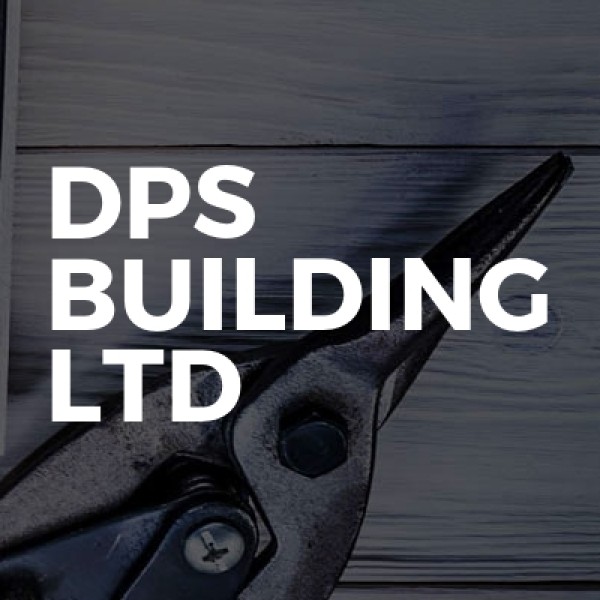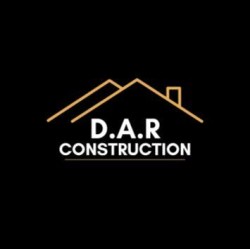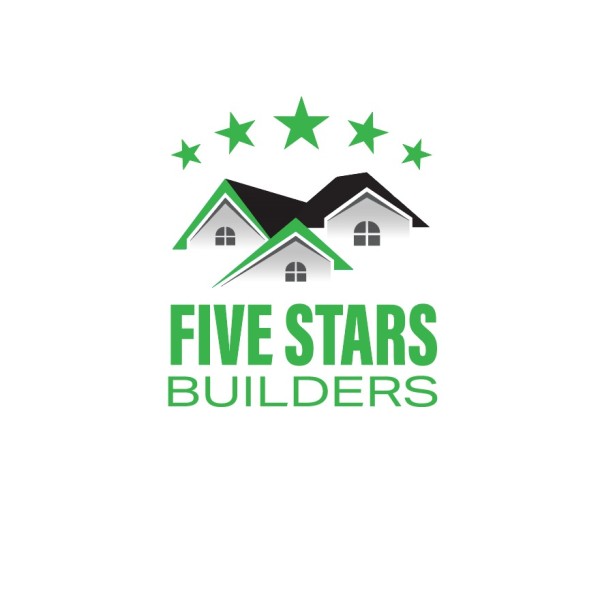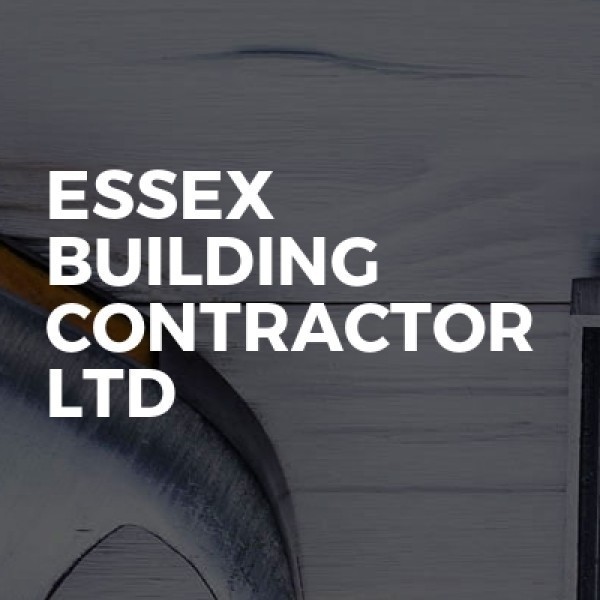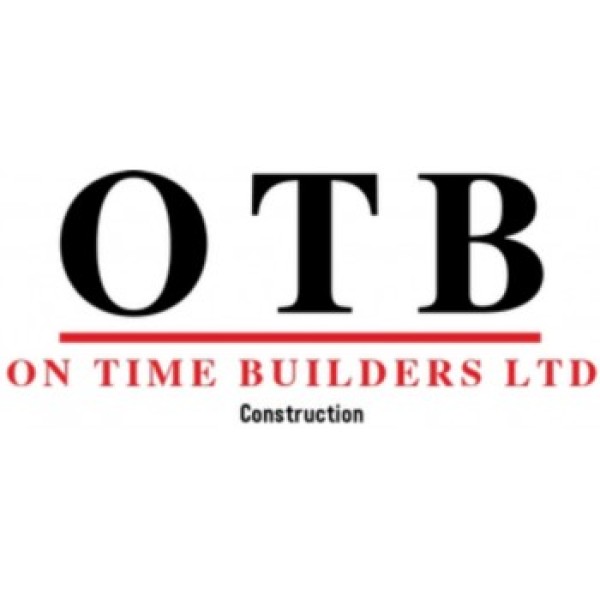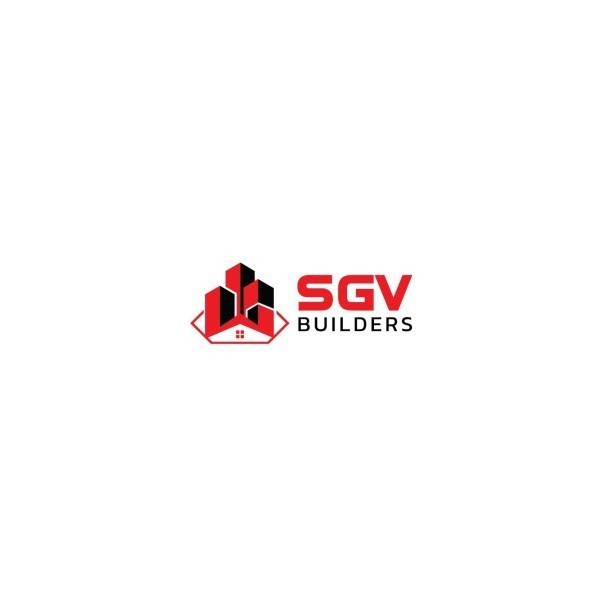Loft Conversions in Eltham
Search Loft Conversions in places nearby
Understanding Loft Conversions in Eltham
Loft conversions in Eltham have become a popular choice for homeowners looking to maximise their living space without the hassle of moving. This transformation not only adds value to your property but also provides a versatile area that can be tailored to your specific needs. Whether you're considering a new bedroom, office, or playroom, a loft conversion offers endless possibilities.
Benefits of Loft Conversions
Loft conversions offer numerous benefits that make them an attractive option for homeowners. Firstly, they increase the overall value of your home, often by more than the cost of the conversion itself. Additionally, they provide extra living space without the need for an extension, preserving your garden or outdoor area. Loft conversions also allow for creative design opportunities, enabling you to personalise the space to suit your lifestyle.
Cost-Effectiveness
Compared to other home improvement projects, loft conversions are relatively cost-effective. They utilise existing space, which means there's no need for expensive groundwork or foundations. The cost can vary depending on the type and complexity of the conversion, but generally, they offer a good return on investment.
Increased Property Value
One of the most significant advantages of a loft conversion is the potential increase in property value. Homes with additional bedrooms or bathrooms are often more appealing to buyers, making a loft conversion a wise investment. In Eltham, where property prices are steadily rising, this can be particularly beneficial.
Types of Loft Conversions
There are several types of loft conversions to consider, each with its own set of advantages. The choice largely depends on the structure of your home and your personal preferences.
Velux Loft Conversion
A Velux loft conversion is one of the simplest and most cost-effective options. It involves installing Velux windows into the existing roofline, allowing natural light to flood the space. This type of conversion is ideal for lofts with ample headroom and is less disruptive than other options.
Dormer Loft Conversion
Dormer conversions are popular due to their ability to add significant headroom and floor space. This involves extending the existing roof to create a box-like structure, which can accommodate windows and even a small balcony. Dormers are versatile and can be adapted to suit various architectural styles.
Mansard Loft Conversion
Mansard conversions are more complex and involve altering the entire roof structure. This type of conversion provides maximum space and is often used for properties in urban areas where space is at a premium. Mansards are typically more expensive but offer a substantial increase in living area.
Hip to Gable Loft Conversion
For homes with a hipped roof, a hip to gable conversion can create a more spacious loft area. This involves extending the sloping side of the roof to create a vertical gable wall, providing additional headroom and floor space. This type of conversion is popular in semi-detached and detached properties.
Planning Permission and Building Regulations
Before embarking on a loft conversion in Eltham, it's essential to understand the planning permission and building regulations involved. While many loft conversions fall under permitted development rights, some may require planning permission, especially if your property is in a conservation area or is a listed building.
Permitted Development Rights
Under permitted development rights, certain types of loft conversions can be carried out without the need for planning permission. However, there are specific criteria that must be met, such as the volume of the new space and the materials used. It's crucial to check with your local council to ensure compliance.
Building Regulations
Regardless of whether planning permission is needed, all loft conversions must comply with building regulations. These regulations ensure the safety and structural integrity of the conversion, covering aspects such as fire safety, insulation, and access. It's advisable to work with a qualified architect or builder to ensure all regulations are met.
Choosing the Right Contractor
Selecting the right contractor is a critical step in the loft conversion process. A reputable contractor will guide you through the design, planning, and construction phases, ensuring a smooth and successful project.
Research and Recommendations
Start by researching local contractors with experience in loft conversions. Ask for recommendations from friends or family who have undertaken similar projects. Online reviews and testimonials can also provide valuable insights into a contractor's reputation and quality of work.
Obtaining Quotes
Once you've shortlisted potential contractors, obtain detailed quotes from each. Ensure the quotes include all aspects of the project, from design and planning to construction and finishing. Comparing quotes will help you make an informed decision and avoid unexpected costs.
Checking Credentials
Verify the credentials of your chosen contractor, ensuring they are fully licensed and insured. Membership in professional bodies, such as the Federation of Master Builders, can also indicate a commitment to high standards and quality workmanship.
Design Considerations for Loft Conversions
The design of your loft conversion should reflect your personal style and functional needs. Consider how the space will be used and what features are essential to your lifestyle.
Maximising Natural Light
Natural light can transform a loft space, making it feel larger and more inviting. Consider installing large windows or skylights to maximise light exposure. The orientation of your home will also influence the placement of windows for optimal sunlight.
Optimising Space
Effective space planning is crucial in a loft conversion. Built-in storage solutions, such as wardrobes and shelving, can help maximise the available space. Consider the layout carefully to ensure the space is functional and comfortable.
Choosing the Right Materials
The materials used in your loft conversion can significantly impact the overall aesthetic and functionality. Opt for high-quality, durable materials that complement the existing style of your home. Consider energy-efficient options to enhance insulation and reduce energy costs.
Common Challenges and Solutions
While loft conversions offer many benefits, they can also present challenges. Being aware of potential issues and their solutions can help ensure a successful project.
Structural Limitations
Some lofts may have structural limitations that affect the feasibility of a conversion. Consulting with a structural engineer can help identify any issues and provide solutions, such as reinforcing beams or altering the roof structure.
Access and Staircase Design
Access to the loft is a critical consideration. The design of the staircase should be practical and space-efficient. Spiral staircases or compact designs can be ideal for smaller spaces, while traditional staircases may suit larger conversions.
Managing Costs
Budgeting for a loft conversion can be challenging, especially if unexpected costs arise. To manage costs effectively, set a realistic budget and include a contingency fund for unforeseen expenses. Regular communication with your contractor can also help keep the project on track financially.
Frequently Asked Questions
- Do I need planning permission for a loft conversion in Eltham? Many loft conversions fall under permitted development rights, but it's essential to check with your local council to confirm.
- How long does a loft conversion take? The duration of a loft conversion can vary, but most projects take between 6 to 12 weeks to complete.
- Can all lofts be converted? Not all lofts are suitable for conversion. Factors such as headroom, roof structure, and access can affect feasibility.
- Will a loft conversion add value to my home? Yes, a well-executed loft conversion can significantly increase the value of your property.
- What is the cost of a loft conversion in Eltham? Costs can vary depending on the type and complexity of the conversion, but generally range from £20,000 to £50,000.
- How can I ensure my loft conversion meets building regulations? Working with a qualified architect or builder will help ensure compliance with all necessary building regulations.
Loft conversions in Eltham offer a fantastic opportunity to enhance your home and lifestyle. By understanding the process, choosing the right type of conversion, and working with experienced professionals, you can create a beautiful and functional space that meets your needs and adds value to your property.







